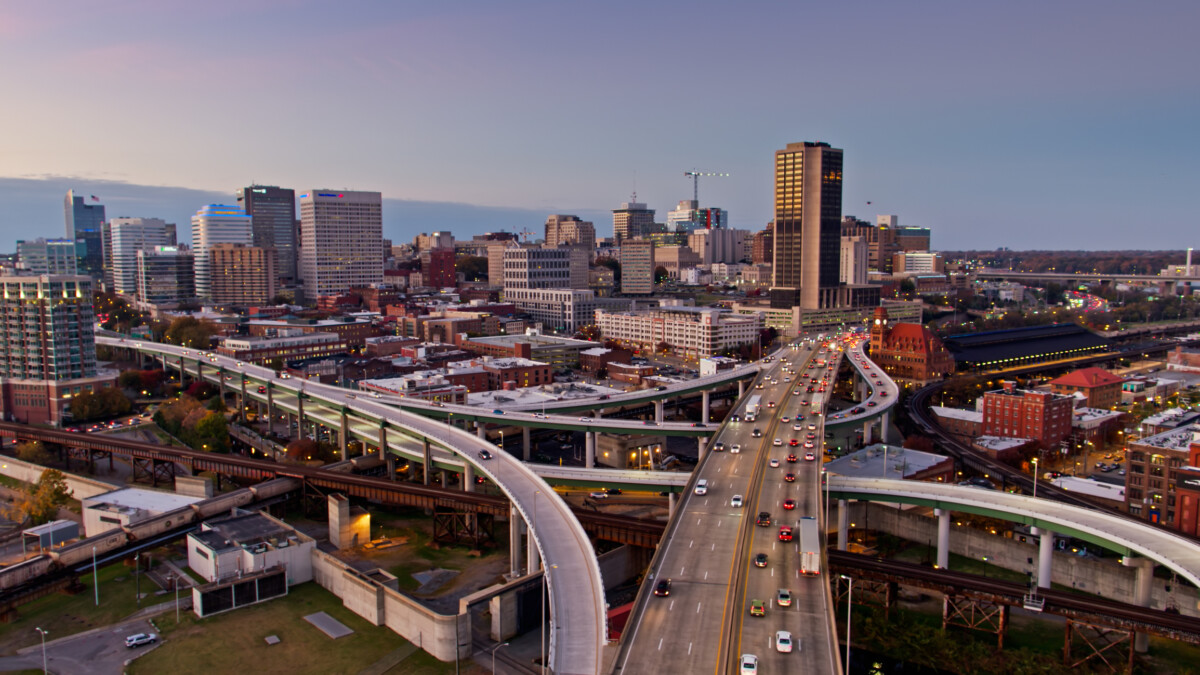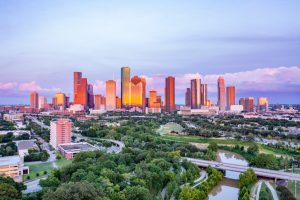
If you’re considering a move to Richmond, Virginia, you’re probably wondering if it’s the right place for you. Whether you’re drawn to its rich history or modern conveniences, there are countless reasons why people choose to call this place home. Richmond has a neighborhood for any lifestyle, from charming downtown condos near shops and restaurants to picturesque, affordable suburbs. However, like any city, there are also drawbacks to consider before moving to Richmond. .
In this Redfin article, we’ll explore the pros and cons of living in this exciting city, providing you with the information you need to decide whether Richmond is a good place to live. So whether you’re interested in Richmond apartments or Richmond homes, let’s dive in and discover all that this historic city has to offer.
Pros of living in Richmond
1. Rich history
Richmond’s rich history is undoubtedly one of the city’s most significant draws, and it’s a definite pro for anyone who calls this place home. From the American Revolution to the Civil War, Richmond has been at the forefront of many pivotal moments in American history. Historic monuments like the Virginia Capitol building and museums like the Edgar Allan Poe Museum serve as a reminder of the crucial role the city played in shaping the United States. For history buffs, the city offers a treasure trove of information and experiences to explore, and for everyone else, it’s an opportunity to learn and appreciate the stories and events that have led us to where we are today. The rich history of Richmond is not just something to admire from afar; it’s woven into the fabric of the city, making it an exciting and dynamic place to live.
2. Great location and proximity to popular metros
Located within a few hours’ drive of major metropolitan areas such as Washington D.C., Baltimore, and Virginia Beach, giving residents of Richmond the best of both worlds. Additionally, Richmond is home to the Richmond International Airport, making air travel even more accessible. With its convenient location, residents can enjoy a smaller city’s charm and the easy access of larger urban areas.
3. Lively social scene
Whether you want to explore the local arts scene, celebrate the city’s history, or have a good time, something is always happening in Richmond to suit your interests. Some of the most popular events in the city include the Richmond Folk Festival, the Richmond Jazz Festival, the Richmond International Film Festival, and the annual Richmond Bacon Festival, to name a few. These festivals attract thousands of people every year, offering a wonderful opportunity to meet new people, experience new cultures, and enjoy the city’s vibrant energy.

4. Excellent culinary experience
From southern comfort food to international cuisine, Richmond has various dining options that cater to every taste and preference. In addition to its delicious food, Richmond is also home to a thriving craft beer scene, with many local breweries and taprooms like the Hardywood Park Craft Brewery offering unique and flavorful brews. With so much culinary creativity and innovation on display, it’s no wonder that Richmond has become a destination for foodies worldwide. So, if moving to Richmond has you hungry, you don’t want to miss trying the oysters and country ham.
5. Growing job market
Richmond is home to various leading industries like CarMax and Dominion Energy, including other leaders in finance, healthcare, education, and technology. In recent years, Richmond has seen a surge in job growth, with many new companies moving to the city and existing businesses expanding their operations. This growth has been driven in part by the city’s skilled and educated workforce, as well as its attractive business climate and low cost of living. Richmond is a great place to start or advance your career, with many job opportunities. Whether you’re a recent graduate, a seasoned professional, or a skilled tradesperson, many opportunities await you.
Cons of living in Richmond

1. Poor transportation infrastructure
Richmond has struggled with poor transportation infrastructure for many years. The city’s public transportation system, run by the Greater Richmond Transit Company (GRTC), has long been criticized for its limited service area, irregular schedules, and outdated vehicles. Additionally, the city’s roadways are often congested, particularly during rush hour, making commuting and getting around the city a frustrating experience.
2. Nuclear power plants near the city
There are two power plants in Richmond, located in nearby Louisa County. While these plants provide a significant energy source for the region, they may be a potential drawback for some people considering living there. There are concerns about nuclear power plants’ safety, particularly in an accident or natural disaster. Additionally, some people may worry about the long-term effects of exposure to low radiation levels.
3. Hot and humid summers
During the summer months, temperatures can often reach above 90 degrees Fahrenheit, with high levels of humidity that can make it feel even hotter. This can be challenging for people who are sensitive to heat, as well as for outdoor activities such as hiking or sports. Additionally, the hot and humid conditions can lead to increased levels of air pollution, which can harm people with respiratory issues. To protect yourself from the heat, learn how to heatproof your home.

4. Among the worst places for allergy sufferers
Richmond’s location in the mid-Atlantic region means it experiences a wide range of weather conditions throughout the year, including high pollen levels. According to the Allergy Capitals Report, Richmond ranked number 23 on the list for the most challenging place to live with allergies. This can be particularly challenging for people who suffer from seasonal allergies, which can cause symptoms such as sneezing, runny nose, and itchy eyes. The city’s urban environment can also exacerbate allergies, as air pollution and other environmental factors can trigger symptoms. Despite these challenges, there are steps that people can take to manage their allergies, such as avoiding triggers and seeking medical treatment.
5. Expensive education
Private institutions such as the University of Richmond and Virginia Commonwealth University have tuition rates that can be significantly higher than the state’s public universities, as well as the national average. This can concern families with limited budgets or students looking to minimize student loan debt. However, it’s important to note that Virginia also offers various financial aid programs that can help offset the cost of education.
Is Richmond, VA a good place to live? Final thoughts
Richmond has plenty to offer those considering a move to the area. Its rich history, lively social scene, growing job market, excellent food and drink options, and prime location are all significant positives for many people. However, like any city, there are potential drawbacks, including poor transportation infrastructure, nuclear power plants, bad allergy seasons, hot and humid summers, and expensive education costs. It’s essential to weigh the pros and cons of living in Richmond to determine if it’s the right place for you.





